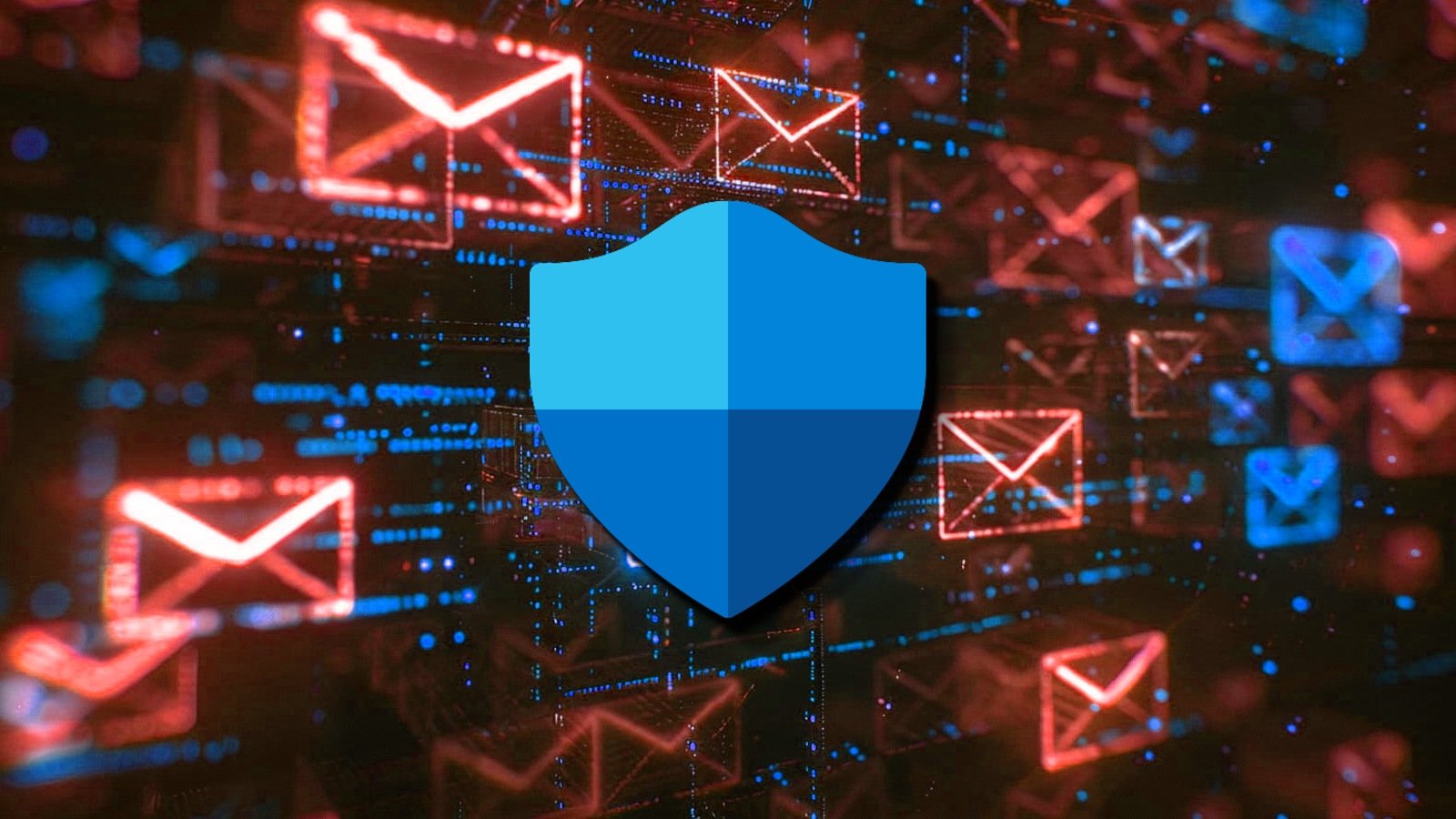
A lot of Black Friday shopping is done online, which makes it prime time for scammers and hackers to try and steal your data. They are relentless, but there are any things you can do to help keep your data safe, not only while shopping for Black Friday, but year-round.
Only Shop on Secure, Familiar Websites
Now, I don’t want to put the wrong idea in your head: there is no website that is so secure that it can never be threatened by hackers. Even so, it’s generally a good idea to stick to secure websites with “https:” at the beginning of their web address. Secure websites aren’t invulnerable, but it’s still an extra layer of protection for you and your data.
At the very least, it will weed out some threats. Furthermore, it’s a good idea to only shop on websites that you know and trust. Just because you don’t recognize a website doesn’t automatically mean it’s dangerous, but you can’t know for certain how legitimate or trustworthy they are.
Think of it like buying a car from a manufacturer you recognize, versus buying from a used car salesman you just met. There’s no guarantee that the salesman is a bad guy, but it’s definitely a much safer option to buy from the official company you know and trust. It’s a good online shopping practice to stick to.
Avoid Using Your Debit Card Online
Your debit card is pretty much a direct connection to your bank account. It’s tempting to use it for shopping because it’s a simple process, but if you really care about keeping your data safe, you’re better off using your credit card when shopping online.
Ideally, your data will never be compromised online. But if it is, you really don’t want hackers getting their hands on your debit card information, because that means they can potentially empty your bank account in one fell swoop. It’s very difficult to get those types of situations reversed and resolved, especially compared to similar scenarios happening with a credit card.
That said, I’m not recommending you spend money you don’t have with a credit card: only that it’s safer to make your purchases online with one.
Don’t Shop While Using Public Wi-Fi
When you’ve got a busy day of running errands on your plate, it can be tempting to try and get some shopping done while you’re connected to the free Wi-Fi at a store or restaurant. This is not a very good idea if data security is of any concern to you, and for a variety of reasons.
To start, public Wi-Fi networks are often unencrypted, so any information you put out there while using those networks can be more easily intercepted by cybercriminals. Secondly, malware can be present on public Wi-Fi hotspots. At the end of the day, public Wi-Fi is just not that carefully guarded, because that costs money, and businesses are offering it for free.
You really shouldn’t put out any personal information while you are using public Wi-Fi, but you absolutely shouldn’t put any of your financial information out there. Cybercriminals will never have an easier time getting your data than when it is being transferred over a public network,
Be Wary of Deals That Are Too Good to be True
In a better world, there would be lots of amazing deals out there. Maybe we would even get awesome stuff for free. But we live in a world where you generally have to pay for the stuff you want. It’s a saying as old as time, yet one that has always been excellent advice: if it sounds too good to be true, it probably is.
Perhaps this advice is a bit generic, but it’s mostly just me telling everyone to exercise good judgment and a little bit of warranted paranoia. Popular scams often offer you free gifts, absurdly good deals on valuable items, and a lot more. As you can imagine, these types of things are not trustworthy in the slightest.
You aren’t the 100,000th visitor to a website. You aren’t the chosen one, and there’s definitely no Nigerian prince who needs a few hundred bucks from you. Prudence is one of your best defenses against scammers and hackers every year.
Fake Your Personal Details
If any threat actor with nefarious goals does get their hands on your data, it would probably be in your favor if that information wasn’t actually accurate, right? Yes, it might sound like odd advice, me telling you to lie online, but really, many of the things businesses ask you aren’t their business, and you can still buy stuff online while fudging some unimportant details.
Of course, it’s not like you can lie about your financial information when you are paying for things, but there are some details you can hide. For instance, if a website requires you to provide answers to security questions, there’s no reason you have to actual provide accurate info. Do they really need to know your mother’s maiden name?
The more accurate information about yourself you put out onto the internet, the easier it will be for hackers to steal your identity. So hide whatever you’re able to hide, and only provide the accurate information you need to offer to get what you want.
Around Black Friday, you will receive plenty of promotional emails informing you about sales, discounts, deals, and all that good stuff. Now, it’s not that all of these are scams or illegitimate. In fact, plenty of those promotional emails are perfectly legitimate, from companies that are offering those things for real.
But there are plenty of threat actors out there sending out such emails too. These phishing emails can look very legitimate, not much different from the real deal. They will often have links and attachments in them that either infect you with malware when you click on them or take you to a phishing website to try and capture your personal information.
Of course, you might want to take advantage of the deals and promotions you are being offered. If you want to check and see if those offers are legitimate, you’re better off going directly to the website of the business allegedly making those offers. It’s not like you can only access their Black Friday sales via email.
Ultimately, there are many things you can and should do to keep your data safe and secure during this holiday season. Each of the tips we’ve covered today are worth following not only around Black Friday, but all throughout the year. Be wary of common scams, and always be mindful of the fact that the bad guys are always looking for an opportunity.
Source link









